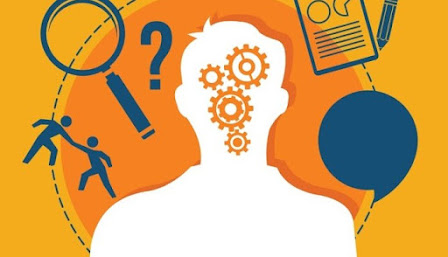
Predictive Analytics: The CEO’s Tool for Reducing Attrition Costs Attrition is a significant challenge for organizations, leading to substantial costs related to hiring, training, and lost productivity. For a 300-employee organization with a current attrition rate of 25%, this translates to losing 75 employees annually. The cost of replacing each employee, including recruitment, onboarding, and training, can be approximately 30% of their annual salary. If the average salary is ₹6,00,000, this results in an attrition cost of ₹1.35 crores per year. Predictive behavioral and cognitive analytics offer a robust solution to this issue. By utilizing tools such as the Predictive Index (PI), organizations can gain deeper insights into the behavioral drives and cognitive abilities of their employees. This data helps in creating more accurate job descriptions, aligning candidates' natural behaviors and cognitive strengths with job requirements. For instance, if the analytics reveal that top...






